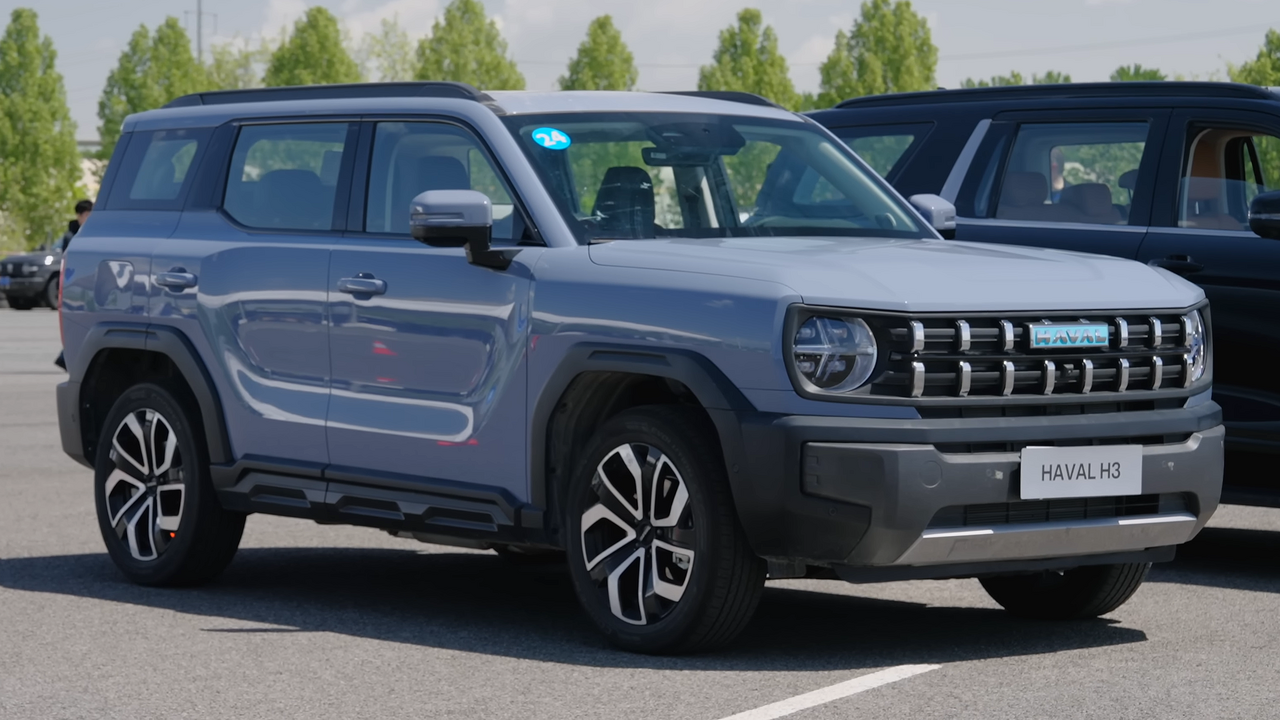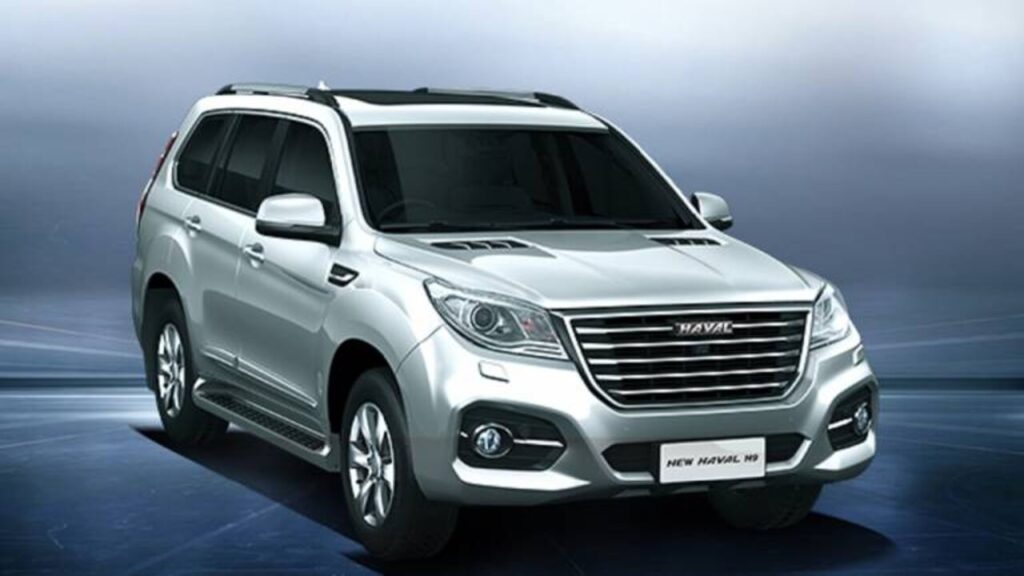
Haval, the flagship SUV brand under China’s Great Wall Motors (GWM), has garnered significant global attention over the past few years. With aggressive styling, feature-rich models, and expanding international presence, Haval has positioned itself as a strong contender in the global SUV market. However, despite this buzz, the brand is yet to establish a solid footing in the Indian automotive landscape — a market that holds vast potential but demands deep localization and strategic clarity.
Global Momentum, Local Stagnation
Haval has seen impressive growth in markets like Australia, Russia, and select parts of the Middle East, often praised for its bold design, competitive pricing, and modern features. Internationally, the brand has carved out a niche by focusing exclusively on SUVs — a segment that continues to experience strong demand.
However, in India, that momentum has failed to translate into tangible success. While there has been significant anticipation surrounding Haval’s entry, it remains stuck at the planning or showcase phase, without a full-scale launch or concrete market presence. This delay has diluted the initial excitement and created uncertainty among potential consumers and dealers alike.

Indian SUV Market: A Missed Opportunity
India’s SUV segment has witnessed explosive growth in recent years, with compact, mid-size, and premium SUVs dominating monthly sales charts. Brands like Hyundai, Kia, Tata, and Mahindra have successfully capitalized on this demand by launching feature-packed, competitively priced models tailored for Indian conditions.
Haval’s absence in this high-growth segment is notable, especially considering its core focus on SUVs. Initial plans to launch models like the H6 and F7 generated curiosity, but delays in rollout, regulatory challenges, and the impact of global supply chain issues have stalled any real progress.
Lack of Local Manufacturing and Dealer Network
One of the key barriers to Haval’s success in India is the lack of a localized manufacturing base. Unlike other global players that have invested in domestic production to reduce costs and improve serviceability, Haval has yet to build or operate a dedicated facility in India.
Localization is crucial in the Indian market, not just for cost competitiveness but also for meeting the needs of local consumers — from engine options to infotainment preferences. Furthermore, the absence of a robust dealership and after-sales network makes it difficult for the brand to establish trust, which is critical in a value-driven market like India.
Brand Awareness and Trust Deficit
Despite its global credentials, Haval remains an unfamiliar name to many Indian car buyers. With limited exposure, no test-drive availability, and minimal marketing activity on Indian soil, the brand has not been able to build the awareness needed to generate buyer confidence.
In contrast, newer entrants like MG and Kia invested heavily in branding, advertising, and customer engagement long before their official launches, resulting in strong initial sales and brand equity. Haval’s low-profile approach stands in sharp contrast and may be limiting its ability to gain traction.
The EV Factor and Missed First-Mover Advantage
With India making a gradual but firm shift toward electric mobility, automakers are recalibrating their strategies to include EVs. Haval, with its parent company GWM investing heavily in electric and hybrid technology globally, could have leveraged this strength in India.
However, the lack of product launches or announcements in the EV space has left the field open for other brands to establish early dominance. A timely introduction of electric SUVs could have helped Haval create a distinct identity in the emerging green mobility space.
Conclusion
Despite its global buzz and growing reputation in international markets, Haval’s journey in India remains uncertain. The SUV specialist brand has yet to make a meaningful impact due to delayed execution, lack of localization, and minimal brand visibility. As competition heats up and consumer expectations evolve rapidly, Haval must act decisively if it intends to compete in one of the world’s most promising auto markets. Until then, it risks being a name recognized abroad but forgotten at home.

Leave a Reply